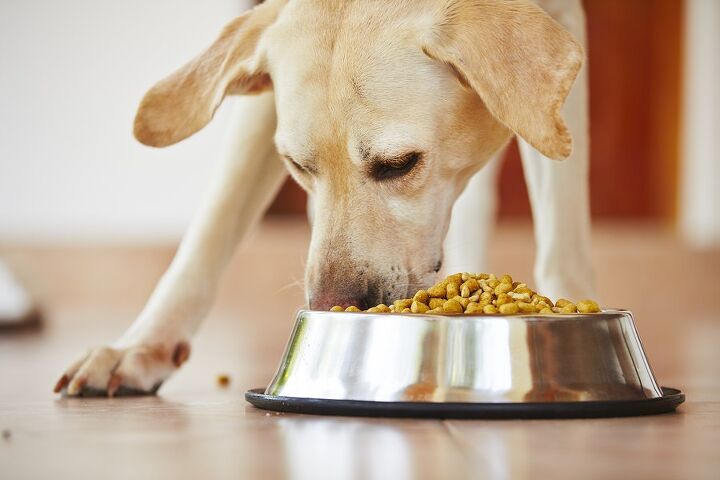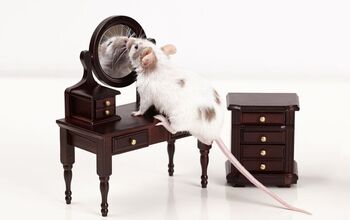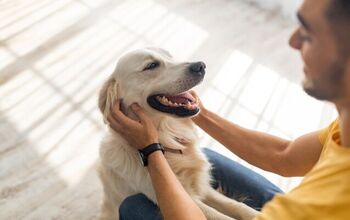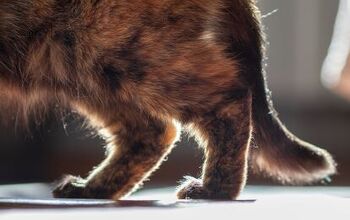Study: Labradors Gain Weight Due To Gene Deletion

Some dogs have a tendency to become overweight, despite keeping a controlled diet, limiting the amount of treats given, and going out for plenty of exercise. Canine obesity ranges between 34-59 percent in developed countries, and being overweight can cause significant harm to your dog (not unlike humans). And do you know how you blame your weight on genetics? Well, for Labrador Retrievers, a gene may actually be a cause of canine obesity.
Did you know that Labradors have the highest risk of becoming obese as they grow older? Thanks to a recent study, we now know the reason why that might be.
Related: How To Tell If Your Dog Is Overweight
The study, which was published in Cell Metabolism, involved recruiting 310 Labradors that were both and service animals. Body shapes ran the gamut, from lean to “big boned and fluffy.” Scientists studied a variety of different genes and concluded that there was one gene, POMC, that was distributed differently between the lean and obese groups. POMC is a protein that helps control hunger, and Labs (along with flat-coat retrievers) are the only breed that were missing gene.
They found that nearly 23 percent of Labradors are missing part of this POMC gene, a gene which helps dogs and humans feel full. Without this full POMC gene, some dogs aren’t aware that their body is no longer hungry and consequently, they should stop eating (I seriously feel this is the case when it comes to eating chocolate on my part, but until science proves that, I’ll keep that tidbit on the down low).
Dogs with this kind of mutation are 2 kilograms (4.4 pounds) heavier on average and are 10 percent more likely to beg for food or hunt for scraps. With approximately 60 percent of U.S. Labradors considered obese, this may help those dogs who have the mutation control their weight.
Related: Tips For Putting Your Dog On A Diet
However, there is a bright side to all of this. Because Labradors have this gene mutation, they are also the easiest to train because they are motivated by food. Rewarding good behavior with treats or a piece of kibble is a surefire way to get your Labrador on its way to becoming a master of basic commands, complex tricks and even help someone you love who needs assistance in their day-to-day lives. Just make sure it’s low cal… there’s no reason why positive reinforcement has to go right to your Labrador’s hips!
[ Source: Cell ]

More by Diana Faria























